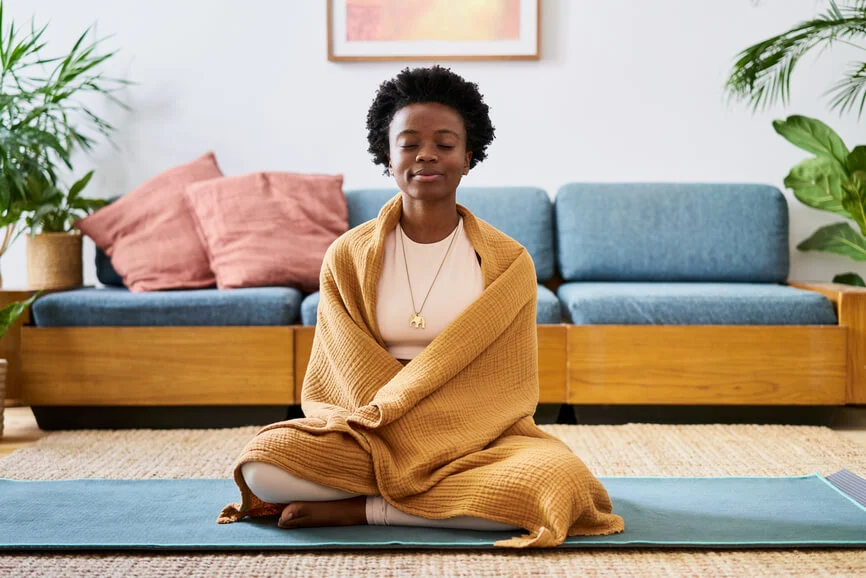In today’s fast-paced world, amid hectic schedules and numerous responsibilities, taking care of oneself often takes a back seat. However, self-care isn’t a luxury but a necessity for maintaining overall well-being. It encompasses intentional actions and practices that nurture the mind, body, and soul, fostering resilience and enhancing one’s ability to manage life’s challenges effectively.
Understanding Self-Care
Defining Self-Care
Self-care involves any deliberate action taken to maintain or improve mental, emotional, and physical health. It’s a practice of recognizing and meeting one’s needs to reduce stress, enhance productivity, and achieve a better quality of life.
The Importance of Prioritizing Self-Care
Prioritizing self-care isn’t selfish; it’s essential. It allows individuals to recharge, preventing burnout and enabling them to care for others more effectively. By prioritizing self-care, individuals invest in their long-term health and happiness.
The Components of Self-Care
Physical Self-Care
Taking care of the body is fundamental. This includes regular exercise, adequate sleep, a balanced diet, and regular medical check-ups. Engaging in physical activities that bring joy, such as dancing, hiking, or yoga, contributes significantly to physical well-being.
Emotional Self-Care
Recognizing and expressing emotions in a healthy manner is crucial. This involves practicing mindfulness, journaling, seeking therapy or counseling when needed, and setting boundaries to protect emotional well-being.
Mental Self-Care
Nurturing the mind is essential for overall well-being. Engaging in activities that stimulate the mind, such as reading, learning new skills, puzzles, or creative hobbies, helps maintain mental sharpness and reduces stress.
Social Self-Care
Building and nurturing healthy relationships is a vital aspect of self-care. Spending time with loved ones, fostering connections, and seeking support from a reliable social circle positively impacts mental health.
Spiritual Self-Care
For many, spiritual well-being contributes significantly to their overall happiness. Engaging in practices that align with personal beliefs, such as meditation, prayer, or spending time in nature, fosters inner peace and purpose.
Incorporating Self-Care into Daily Life
Prioritizing Self-Care Daily
Make self-care a non-negotiable part of your routine. Dedicate specific time each day to engage in activities that nurture your well-being. This can be as simple as taking a walk, enjoying a hobby, or practicing relaxation techniques.
Setting Boundaries
Learning to say no and setting boundaries is crucial for preserving personal well-being. Establish limits on commitments and obligations to prevent overwhelm and ensure adequate time for self-care activities.
Creating a Self-Care Routine
Developing a personalized self-care routine ensures consistency. Identify activities that rejuvenate and energize you, and incorporate them into your daily or weekly schedule.
Mindfulness and Presence
Practice mindfulness by being present in the moment. Engage fully in activities, whether it’s eating, walking, or conversing, to appreciate and derive satisfaction from the present experience.
Overcoming Self-Care Obstacles
Overcoming Guilt
Many individuals struggle with feelings of guilt when prioritizing self-care. Understand that self-care is essential for overall well-being and allows you to be the best version of yourself for others.

Time Constraints
In a busy world, time constraints often hinder self-care practices. Start small and find pockets of time throughout the day to engage in self-care activities. Even a few minutes can make a difference.
Self-Compassion
Cultivate self-compassion and kindness towards oneself. Acknowledge that self-care is a process and it’s okay to have setbacks or moments where self-care feels challenging.
Conclusion
The art of self-care lies in recognizing that nurturing oneself is not a luxury but a fundamental requirement for a fulfilling life. By prioritizing self-care daily, individuals invest in their mental, emotional, and physical health, fostering resilience and leading to a more balanced and satisfying life.
FAQs
- Is self-care only about relaxation and pampering?
- While relaxation is a part of self-care, it also includes activities that nourish your mind, body, and soul, contributing to overall well-being.
- How do I know which self-care activities are best for me?
- Experiment with various activities and notice what brings you joy, relaxation, or a sense of fulfillment. Choose activities that resonate with you.
- Can self-care practices be incorporated into a busy work schedule?
- Yes, absolutely! Even small self-care practices like deep breathing exercises, short walks, or brief mindfulness moments can be integrated into a busy day.
- Is self-care selfish?
- Not at all. Prioritizing self-care allows you to replenish your energy and maintain well-being, enabling you to be more present and supportive for others.
- How can I start practicing self-care if I’ve never done it before?
- Start by dedicating a few minutes each day to an activity that brings you joy or relaxation. Gradually expand your self-care routine based on what works best for you.


